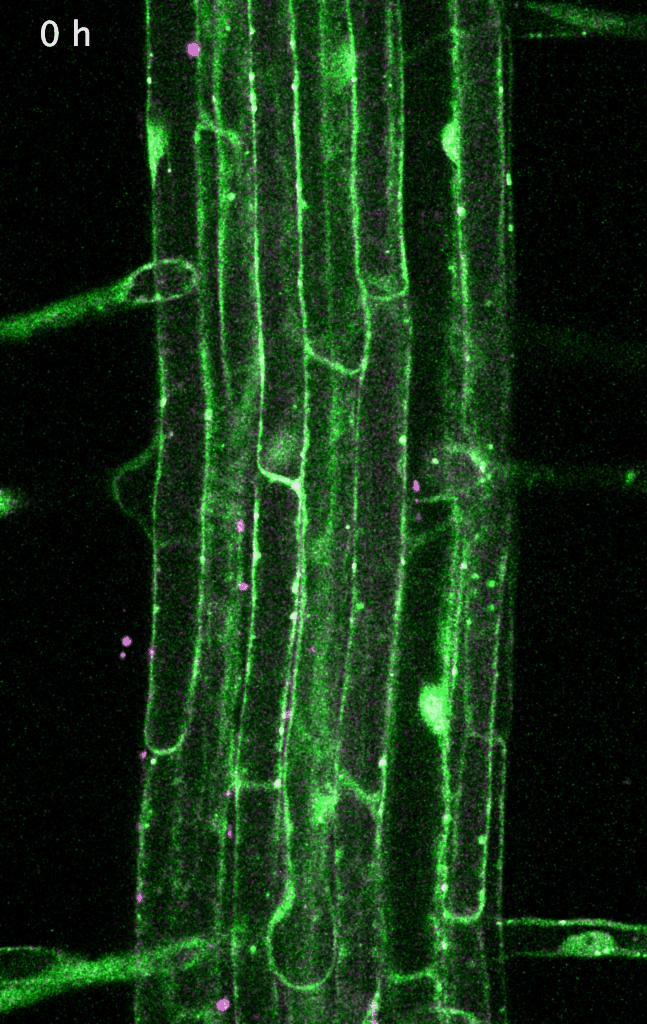How plant cells upcycle their own organelles: physiological roles of selective autophagy
Master's degree project
in plant cell and molecular biology
30-60 HEC
Background
Autophagy, which translates to “self-eating”, is the clean-up machinery in all eukaryotes. In plants, this mechanism is increasingly recognized for its paramount role in development, immunity and fitness. Autophagy can function in a selective manner, wherein specific components of the cell (cargo), including protein aggregates and organelles are recycled in response to stress. Currently, a major gap exists in understanding the sequential targeting of the cargo to be degraded, and its impact on plants.
Project goals
In this project we will study selectivity of autophagy in plants and its physiological relevance for plant fitness and stress tolerance.
Skills that will be acquired through this project:
-
Working with transgenic plants
-
Advanced fluorescence microscopy
-
Processing large data sets using ImageJ
-
Immunoblotting
-
Handling of Arabidopsis thaliana seedlings and plants

Time-lapse video showing formation and degradation of plant autophagosomes in Arabidopsis thaliana root epidermis.
Confocal microscopy detecting
GFP-RFP-ATG8.
Sanjana Holla 2020. Unpublished.


